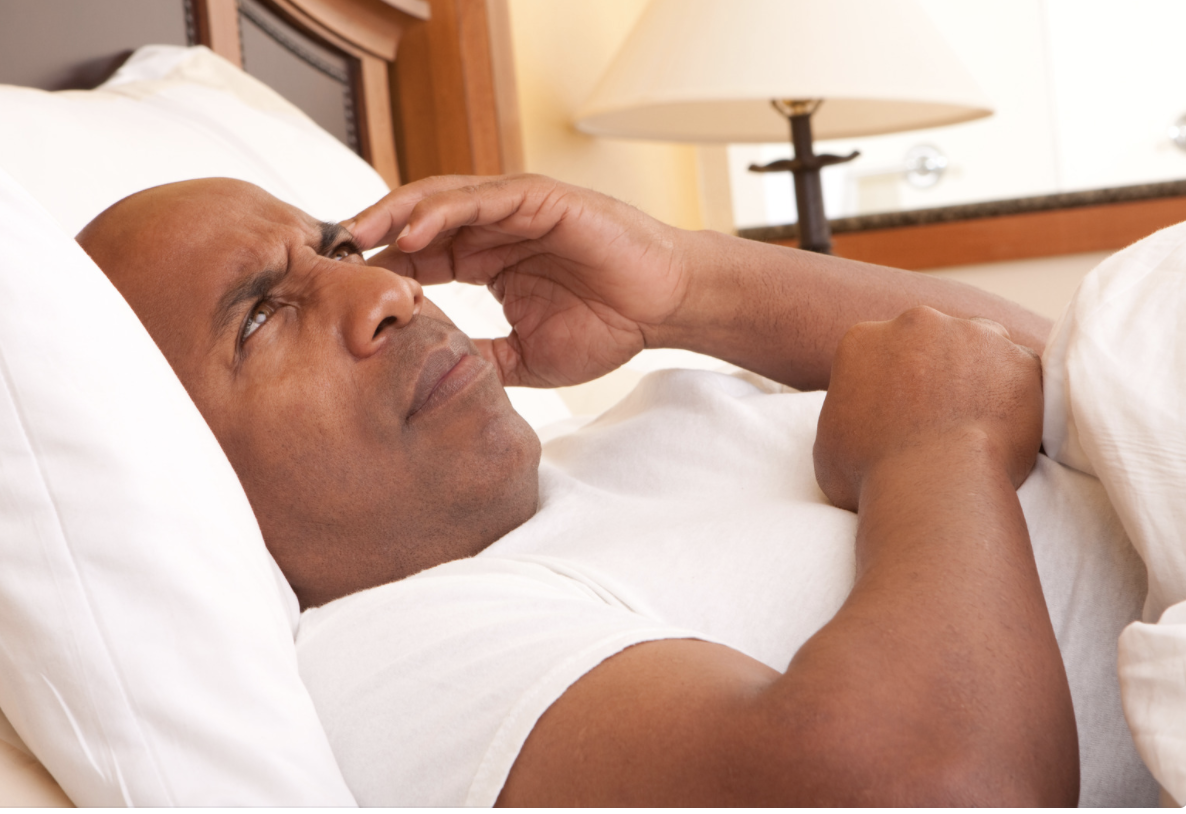Forty Winks: The Essential Connection Between Sleep, Aging And General Well-Being
August 11, 2021

The American cartoonist Charles M. Schulz once said, “Happiness is waking up, looking at the clock, and finding that you still have two hours left to sleep.” That’s likely a sentiment that rings true for many, especially as we get older and find it harder to get, and stay, asleep. While there have been many previous posts on the importance of sleep, as well as recommendations for how to fall asleep, stay asleep, and feel more rested, there’s continuous research that explores the impact of sleep on health and well-being, the reasons that sleep won’t come easily and ideas for more sound and enduring sleep each night. So let’s dig in.
Perhaps the most startling new research has been a just-published study out of UCLA examining the connection between insufficient sleep and accelerated biological aging in adults. Looking at a small population of new mothers, researchers were able to determine that those who slept less than 7 hours during the first 6 months of their infant’s life had biological markers (such as blood proteins and short telomeres) that suggested they were 3-7 biological years older than those mothers who slept more than 7 hours each night. To extrapolate, then, it seems that insufficient and interrupted sleep may actually accelerate the aging process, regardless of your chronological age. While more research is required, this study underscores the essential importance of good sleep for human health and well-being. To find out more, rest your head and read here. And one more new study that may keep you up at night? A recent report found a link between cerebrospinal fluid flow in the brain and heightened risk of Alzheimer’s. It seems insufficient or interrupted sleep may get in the way of the brain’s ability to flush away the toxic brain waste associated with Alzheimer’s. To find out more, read here.
These are worrisome reports, given the number of adults who admit to poor sleep on a regular basis. Surveys show that one in 3 adults gets less than the recommended 7 hours of sleep each night, and even among those who do get more sleep, 25% report drowsiness that regularly gets in the way of daily life. Whether due to discomfort, anxiety, genetics, or just modern life, it seems that a significant number of us are regularly sleep-deprived, which clearly bodes poorly for our health as we get older. Resources and recommendations abound as to how to turn this around, but like any large problem, the solution often comes about slowly and incrementally rather than quickly and succinctly. There’s even now an $80 billion “sleep” industry devoted to all kinds of cures and products to help you achieve what should come naturally.
As for resources, the National Institute on Aging (NIA) has many online resources, available booklets, and free public programs on Facebook to specifically help older adults with their sleep problems. In fact, on Tuesday, August 24th at 2:30 pm the NIA is hosting a free program on Facebook specifically looking at “The Science of Sleep and Older Adults.” Additionally, a recent wellness column in The New York Times examined the perennial problem so many face, i.e., how to go back to sleep once awake during the night. Among the suggestions? Ideas you’ve likely heard before, such as limiting your nicotine, caffeine, and alcohol consumption, avoiding your smartphone during the night (unless you’re turning on a meditation app), and limiting your liquid intake during the evening, so there may be fewer trips to the bathroom. One recommendation you may not have heard of, however? It seems that grabbing a handful of walnuts prior to bedtime may be just the right snack to send you off to bed. With their polyphenols, natural melatonin, and anti-inflammatory properties, walnuts appear to be the perfect late-night snack to send you into slumber until the morning.
One last idea? Bedtime may be a “better time” if you have the right bed. It seems like regular consumers can now get access to the kind of adjustable beds once only available in hospitals and luxury hotels. We know that for certain conditions, raising your head or elevating your feet and legs can be beneficial, and may allow you to sleep deeper and better. For more on the availability of adjustable beds, find your best sleep number and click here.







